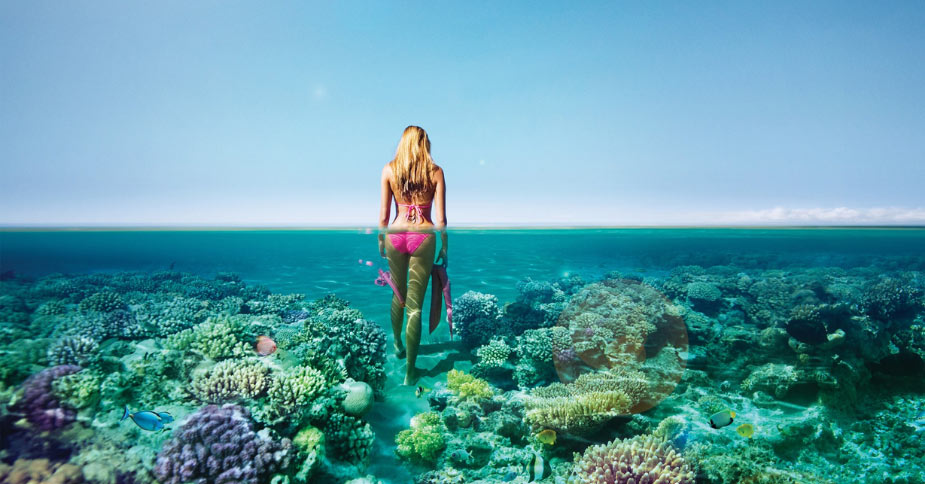
Choosing a good sunscreen is a challenge. You want a product that protects you from the sun, is safe for your health and on top of that, doesn't harm marine life either. The sunblock cream that you apply to your skin doesn't simply evaporate into the air. It disappears into your body via your skin or ends up in the water where it also impacts fish and corals. That's why you hear about coral-friendly sunscreen more and more often. How do you know if your sunscreen is environmentally friendly and what should you look for when buying sun protection?
Chemical versus mineral filters
You can eliminate a lot of the sunscreen that is on offer by opting for mineral or physical filters. These are natural substances which form a layer on your skin that reflects UV rays.
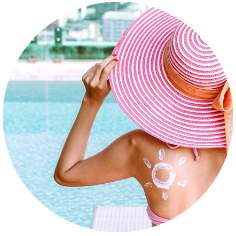
Chemical UV filters are first rubbed in and then you have to let them soak in for a while before they protect you from the sun. These synthetic substances can cause skin irritations. Scientific studies have also shown that these substances get into your bloodstream where, among other things, they could work as hormone-disruptors or could have other adverse effects on your health.
Mineral or physical filters are generally safer. The only disadvantage of mineral filters is that they leave a white cast on your skin. This makes people more reluctant to use these products.
Several brands have found a solution for this. They shred the mineral filters such as zinc oxide or titanium dioxide into small pieces, i.e. nanoparticles. This reduces the white film, but on the other hand, the nanoparticles are also able to penetrate the skin into the body. One way to prevent this is to coat the nanoparticles with a transparent layer, which makes the particles larger. However, this coating comes off in contact with surface water and the particles can still seep into coral reefs. So, it is best to look for sun care products with non-nano or non-coated mineral filters.
In any event, avoid sun care products that contain a lot of titanium dioxide. This mineral filter is not biodegradable and has been shown to react in warm seawater to form hydrogen peroxide, which is harmful to all marine life.
Therefore, not every sun block cream with mineral filters is necessarily coral-free or environmentally friendly.
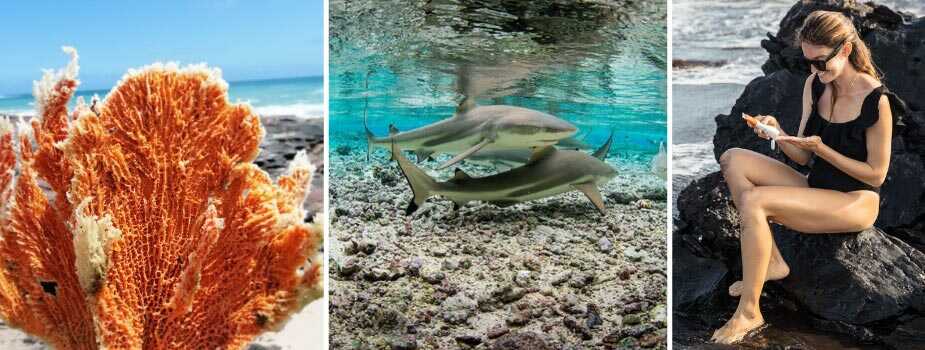
What does sunscreen do to coral reefs or marine life?
A lot of sunscreen ends up in the sea via (shower) water. Even if you have not been on holiday by the sea! Just as chemical filters can cause problems in our bodies, they also have a negative effect on fish, corals and all life in the sea. And you will get that back on your plate one day when you eat fish.
Chemical filters such as oxybenzone and octinoxate attack the natural defences of the coral. Coral reefs are living organisms. If their immune system is compromised, they are less able to withstand infections, pollution, temperature fluctuations and acidification of the seawater.
The synthetic substances in sunscreens, when they come into contact with water, bleach the coral and cause reefs to grow more stunted or to die. They create zombie-like reefs where not much life is possible anymore.
Hawaii has therefore banned the use of sunscreens containing oxybenzone or octinoxate since 2021 for that reason.
In Palau, creams containing oxybenzone, octocrylene and 4-methyl-benzylidene camphor are banned.
Coral-friendly or 'Reef Safe' sunscreens are consequently not allowed to contain oxybenzone (benzophenone-3) and octinoxate (ethylhexyl methoxycinnamate), or nanoparticles of zinc oxide or titanium dioxide.
What to look out for when looking for a coral-friendly sunscreen?
Choose sun protection with a harmless formula of organic ingredients.
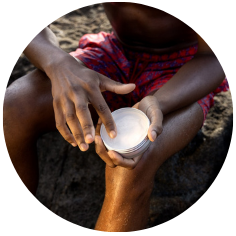
Read the labels and avoid:
- Oxybenzone
- Octinoxate
- Butyl methoxydibenzoylmethane
- Phenylbenzimidazole sulfonic acid
- Benzophenone-3
- Octocrylene and
- Ethylhexyl methoxycinnamate
Also pay attention to:
- Linalool
- Limonene
- Benzyl alcohol
- Citronellol
- Benzyl silate
- Geraniol
These are fragrances and perfumes that can cause irritation, especially if you have sensitive skin.
How to use sunscreen in a sustainable way
- In addition to choosing the right type of sunscreen cream, you can also choose not to use sunscreen in spray form. Sprays seem like a practical and child-friendly alternative, but because they are sprayed on, you end up ingesting more product than if you simply rub cream onto your skin. Also, the amount of product that is applied with a spray is actually too small to provide a sufficient level of protection against UV rays.
If you do want to use a spray, please be sure to use it indoors and don't spray it outside on the beach. More product will end up on the beach and in the sea that way.
- Make sure that you apply enough. A thick layer of sunblock lotion is unnecessary, but make sure you rub in your sunscreen thoroughly. Don't forget your nose bridge, ears, eyelids, hands and feet and the back of your legs.
 - Apply regularly: if you are outdoors all day, it's best to reapply sunblock cream every two hours
- Apply regularly: if you are outdoors all day, it's best to reapply sunblock cream every two hours
- Stay out of the sun during the hottest part of the day (between 11am and 3pm) and wear sunglasses and/or a hat for extra protection.
- Also think about wearing sun protective clothing. A UV shirt or swim suit is a good solution, especially for children. And it saves a couple of arms and a back that you don't have to rub in for your little one.
- Also check whether the packaging of your sun care products is eco-friendly. Most of it is still in plastic bottles. Fortunately, you also see more sustainable and eco-friendly packaging here, like sunscreen sticks in cardboard tubes or creams in aluminium jars.
More and more good sun care products
The range of suns care products on offer is huge, but is also constantly evolving. For example, there are already products with new synthetic filters such as Tinosorb S, Tinosorb M, Tinosorb A2B or Uvinul A Plus which do not work as hormone-disruptors and turn out to be a safe option for both your health and marine life.
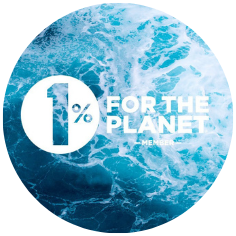
Apart from that, you have more and more brands that want to do their bit for a better environment, such as Biosolis, Green People or Sol de Ibiza. These brands use organic, natural ingredients, mineral filters, no nanoparticles and also give some thought to zero waste packaging. What's more, they donate part of their profits (1% for the planet) to organisations that protect and restore marine life.







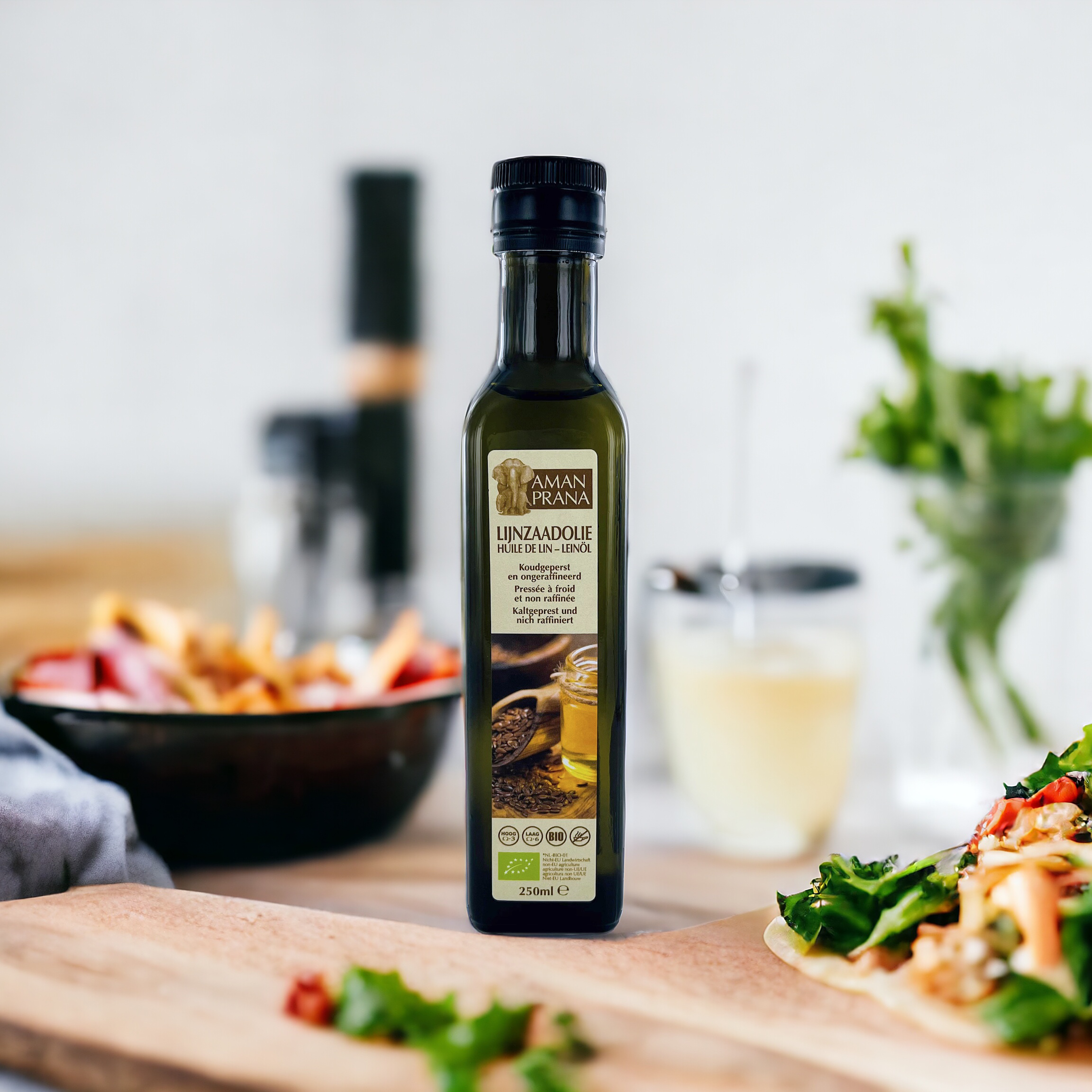


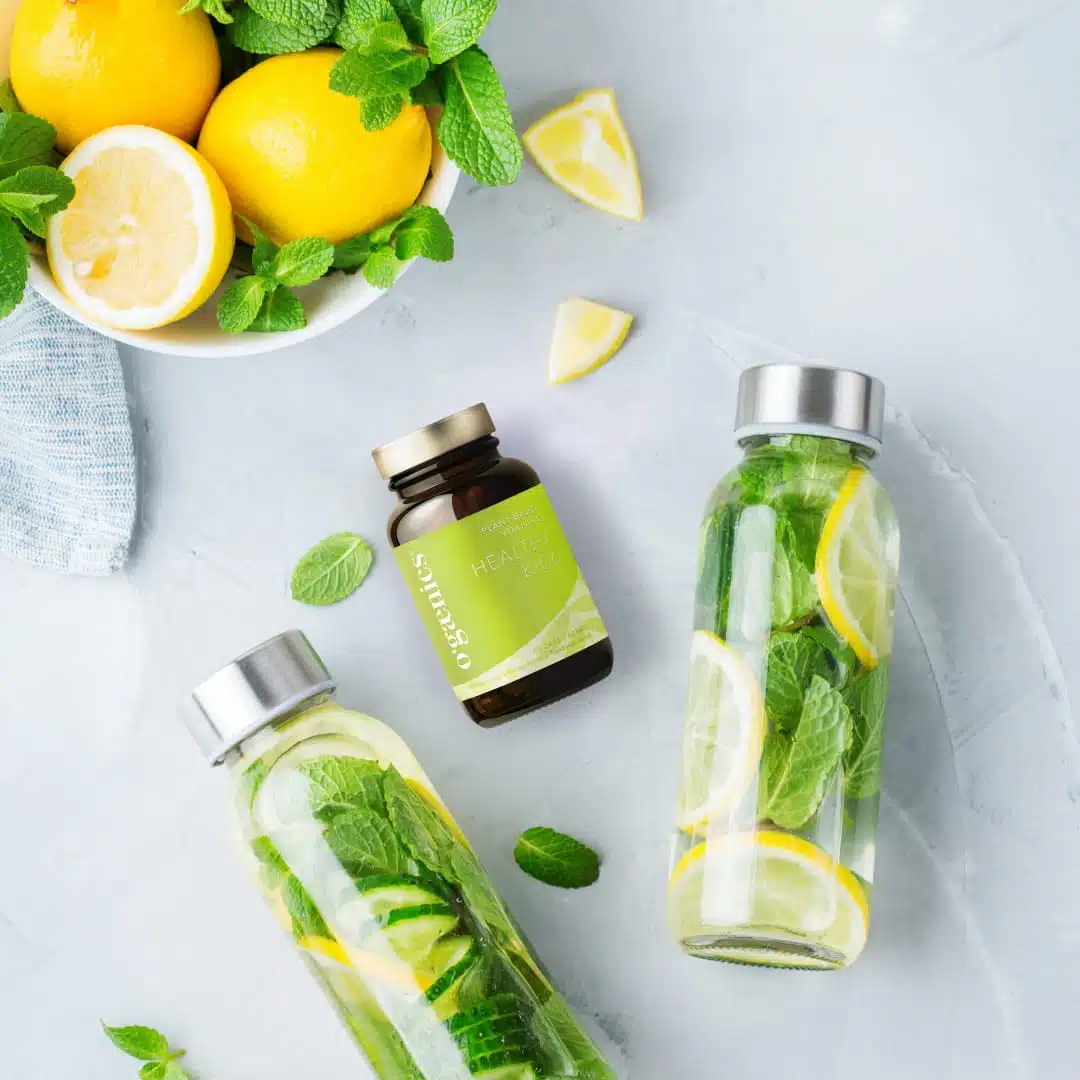
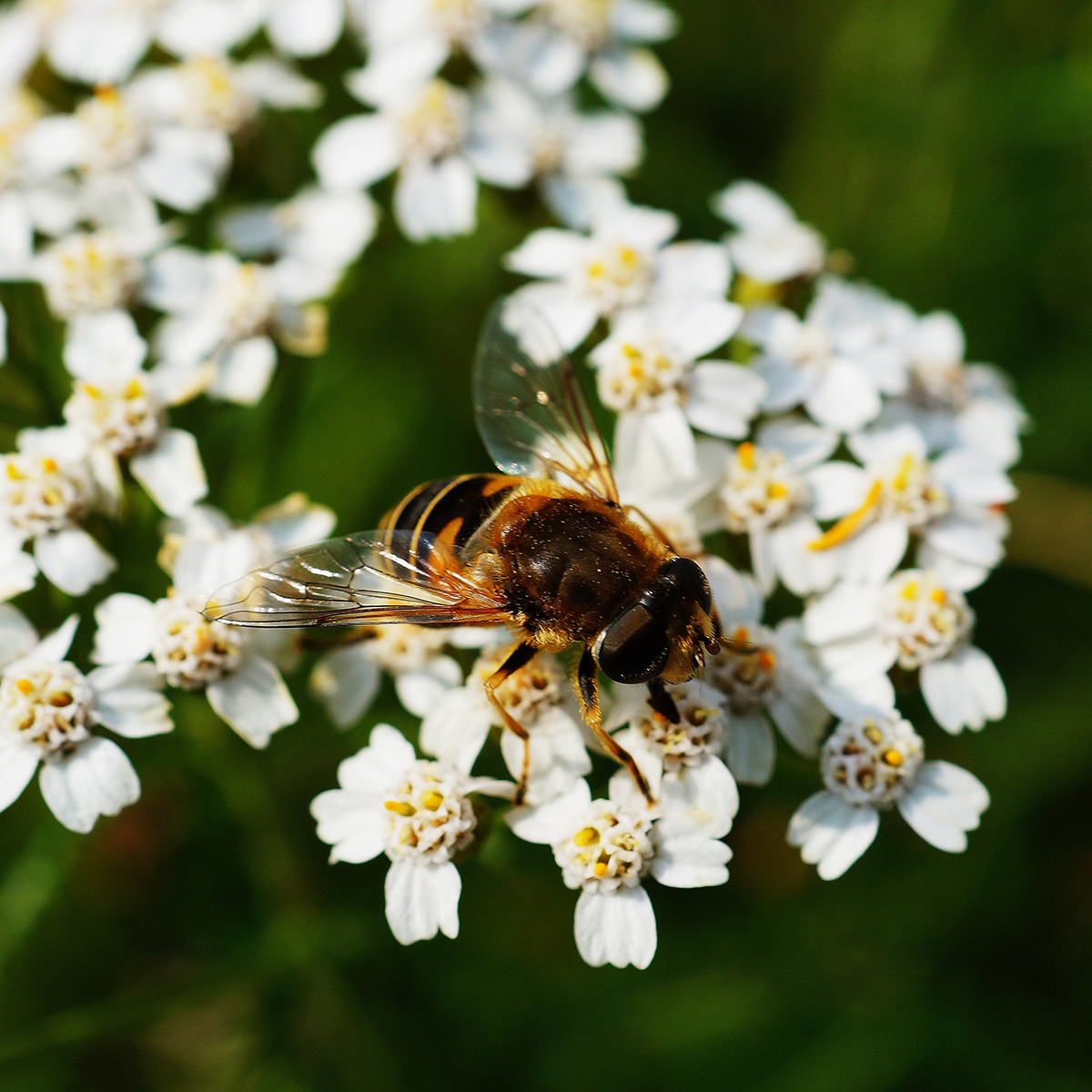
The information below is required for social login
Sign In
Create New Account